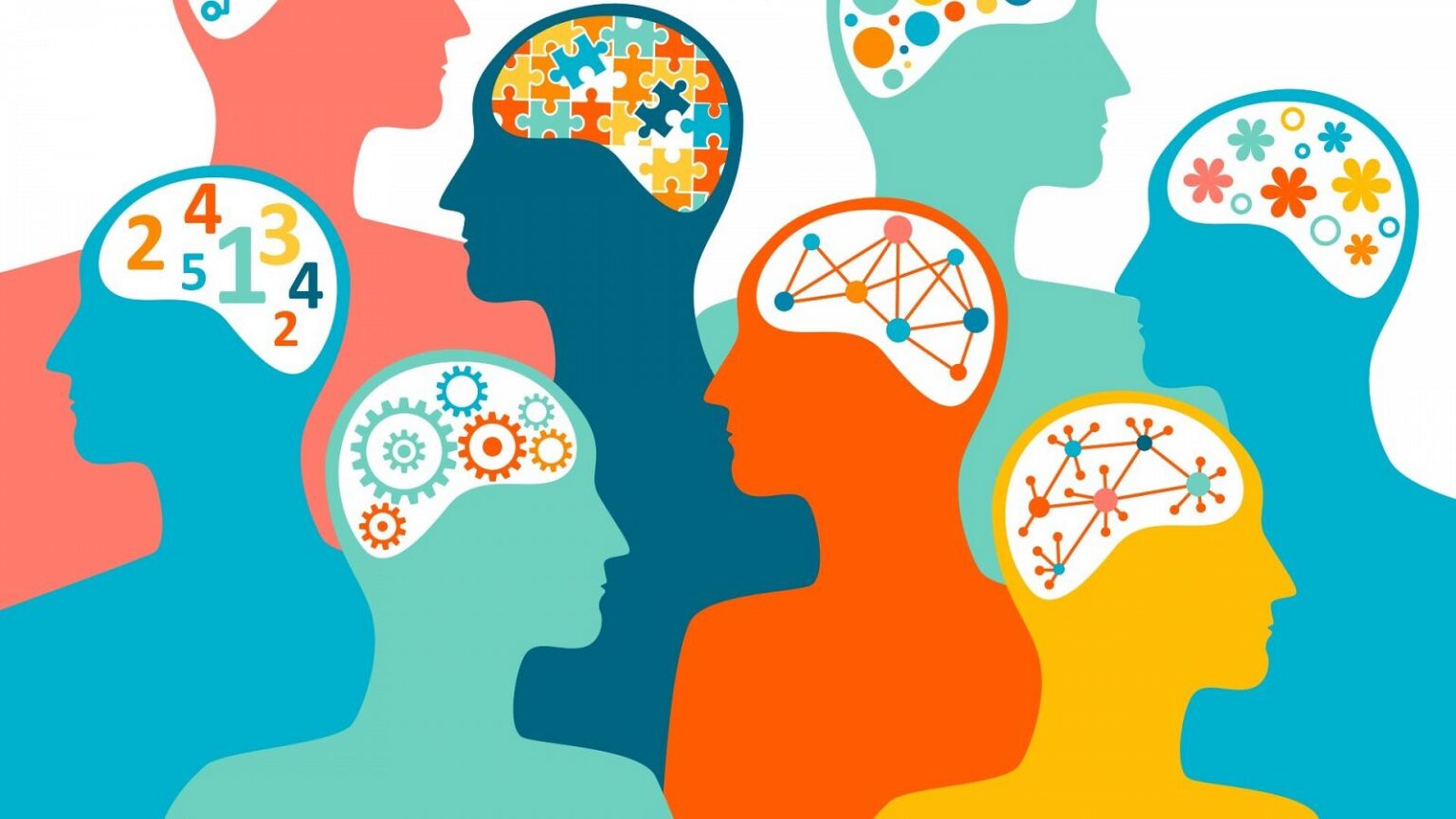On World Autism Awareness Day, which is celebrated at the beginning of April, we highlight the everyday obstacles that people with autism face and the extra efforts they make daily to live in a society where differences are still not fully understood.
The world has many perspectives, but those who see the world differently do not quite fit into a society that considers itself inclusive. This is how people with autism feel, who currently represent 1.23% of the Catalan population (around 1 in 81 people), according to the Aprenem Autisme association. Ninety per cent of this group have some kind of hypersensitivity to noise or everyday stimuli, which prevents them from carrying out daily activities easily; others need strict order, a certain routine or very repetitive behaviours in order to live in a world full of misunderstandings and stereotypes. Likewise, sometimes simple means, such as putting on headphones or having certain objects and supports available, can ease moments of stress.
Zacarias Benamier is a young man from Tangier, Morocco, who was diagnosed with autism spectrum disorder (ASD) when he was almost 40 years old. During a meeting with the media organised by the association Aprenem Autisme, Benamier explained that for him, “interacting with people is always a challenge” and admitted that when he received the medical result, “I understood many episodes and situations that I had experienced”. He added: “The diagnosis gives you the gift of forgiving yourself. As a child, Zacarías Benamier suffered bullying and physical violence at school, and as an adult he was considered ‘strange’ and ‘difficult to deal with’ at work because of his difficulties with social relationships. People expect us to behave like non-autistic people,” he says. Zacarias’ case is not unique. According to a study carried out by Autismo España in 2021, 12% of students with autism spectrum conditions have experienced at least one situation of bullying at school and 71% suffer social exclusion practically every day.
Benamier has a degree of autism and is very gifted, he speaks five languages, and his great love of music has allowed him to sing and be part of the Orfeó Gracienc, an organisation that he describes as a “safe environment” that has helped him to be socially active. However, the young man believes that not conforming to ‘social norms’ sometimes has a significant impact on his fundamental rights. And he gives some examples. He explains that when he goes to the doctor, he often finds it difficult to express himself and this leads some doctors to treat him like a child. He is also convinced that, when looking for a job, his high level of ability and his ability to hide his discomfort in making eye contact with people has allowed him to get through some selection processes.
Alejandra Da Silva, also a late-diagnosed autistic person and mother of an autistic child, echoes the same sentiment. I wanted to be accepted in all areas,” she says, but the social demands and sensory overload meant that she had to work so hard that she spent many weekends in bed. Da Silva also stresses that the fact that she is a woman was a major obstacle in her quest for a diagnosis, which in her case took five and a half years, and she takes the opportunity to denounce that gender bias in health care “is present in almost all areas, not just in the diagnosis of autism”. In this sense, the psychologist Maria Soledad Conesa Soto, of the Astrade Association, confirms that “there is a gender bias in diagnostic tools and a masculinised social imaginary that can lead to the denial of a diagnosis for women”. In addition, Conesa points out that ‘we autistic women tend to have better communication and social interaction skills and to deliberately hide some of the symptoms associated with autism’. For both Zacarías and Alejandra, discovering their autism as adults was, in a way, liberating: “I understood why I felt different, why the way I interacted with the world didn’t match what society expected of me,” says Da Silva.
A tough fit for difference
Through these stories, Aprenem Autisme wanted to show the media how difficult it is for people with autism to fit into a society that sees itself as inclusive and accessible. It also provided a language guide or glossary – with recommendations and preferences for more appropriate, rigorous and precise terminology – to inform about autism, with the aim of making visible and explaining in the best possible way a reality – that of people with autism – that goes unnoticed and is often excluded.
On 2 April, Aprenem Autisme celebrated World Autism Awareness Day, as it does every year, with the aim of denouncing the daily violations of the rights of people with autism and defending the full inclusion of this group and their families. As members of the Confederación Autismo España (Spanish Autism Confederation), they share a common manifesto demanding, among other things, that people with autism spectrum conditions receive the specific and flexible support they need at every stage. Autismo España is also launching an awareness campaign under the slogan ‘We are infinite’, which aims to highlight the diversity of autism: there are as many types of autism as there are autistic people.


